He that takes truth for his guide, and duty for his end, may safely trust to God's providence to lead him aright
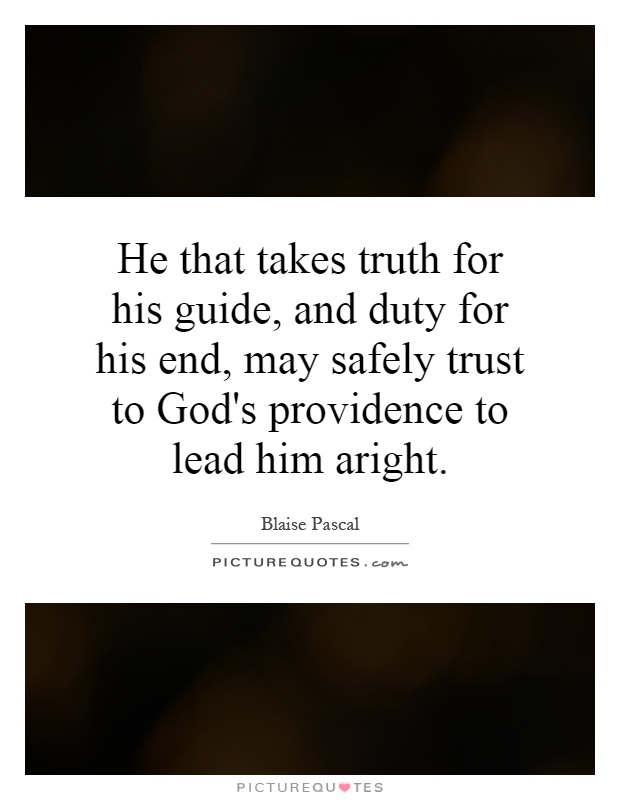
He that takes truth for his guide, and duty for his end, may safely trust to God's providence to lead him aright
Blaise Pascal, a renowned French mathematician, physicist, and philosopher, is often remembered for his profound insights on faith, reason, and the nature of existence. One of his most famous quotes, "He that takes truth for his guide, and duty for his end, may safely trust to God's providence to lead him aright," encapsulates his belief in the importance of living a life guided by truth and moral duty.For Pascal, truth was not just a concept to be understood intellectually, but a guiding principle that should inform every aspect of one's life. By seeking truth in all things, whether in scientific inquiry or moral decision-making, one could align themselves with the divine order of the universe. This pursuit of truth was not just a matter of intellectual curiosity, but a moral imperative that required a deep commitment to honesty, integrity, and humility.
Similarly, Pascal believed that duty, or the fulfillment of one's moral obligations, was essential for living a meaningful and purposeful life. By recognizing and embracing one's responsibilities to oneself, to others, and to the greater good, one could find fulfillment and satisfaction in their actions. Duty was not just a burden to be borne, but a source of strength and guidance that could lead one towards a life of virtue and righteousness.
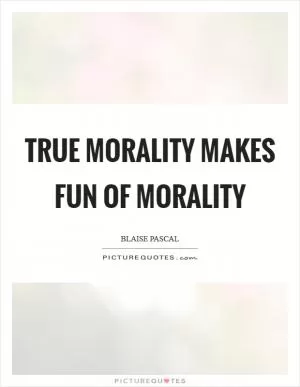


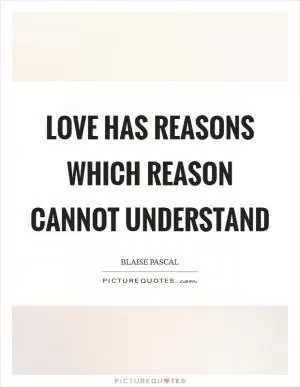

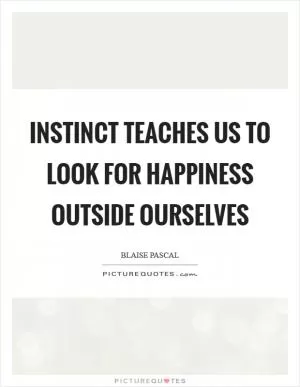
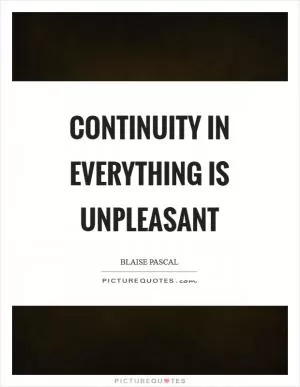
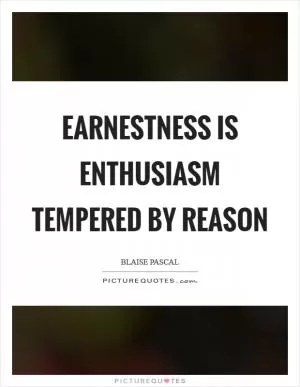
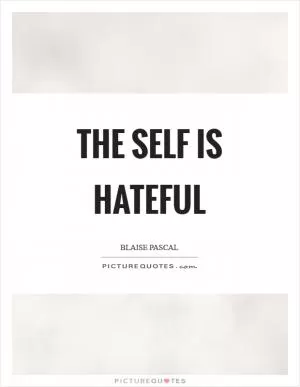



 Friendship Quotes
Friendship Quotes Love Quotes
Love Quotes Life Quotes
Life Quotes Funny Quotes
Funny Quotes Motivational Quotes
Motivational Quotes Inspirational Quotes
Inspirational Quotes